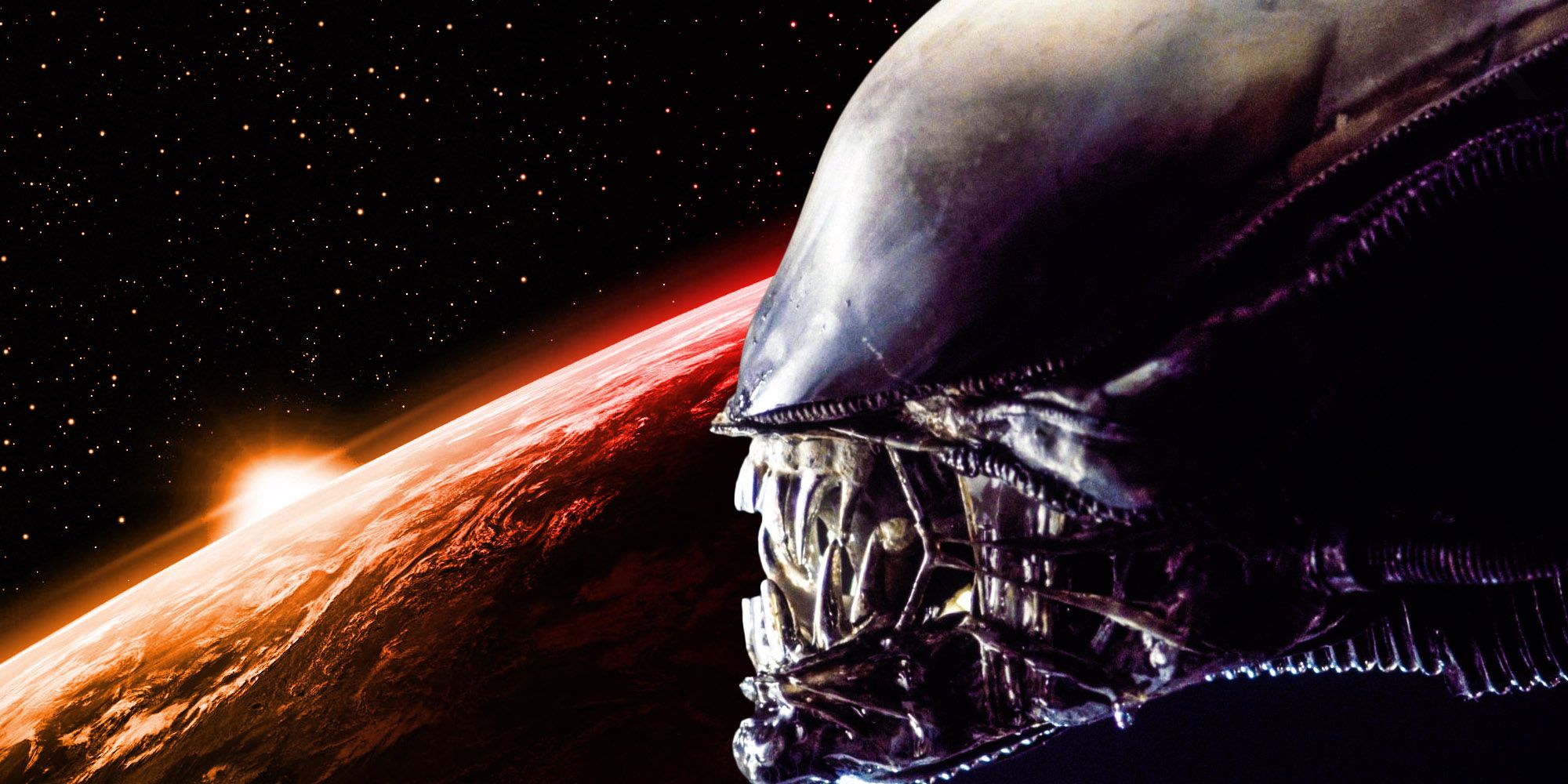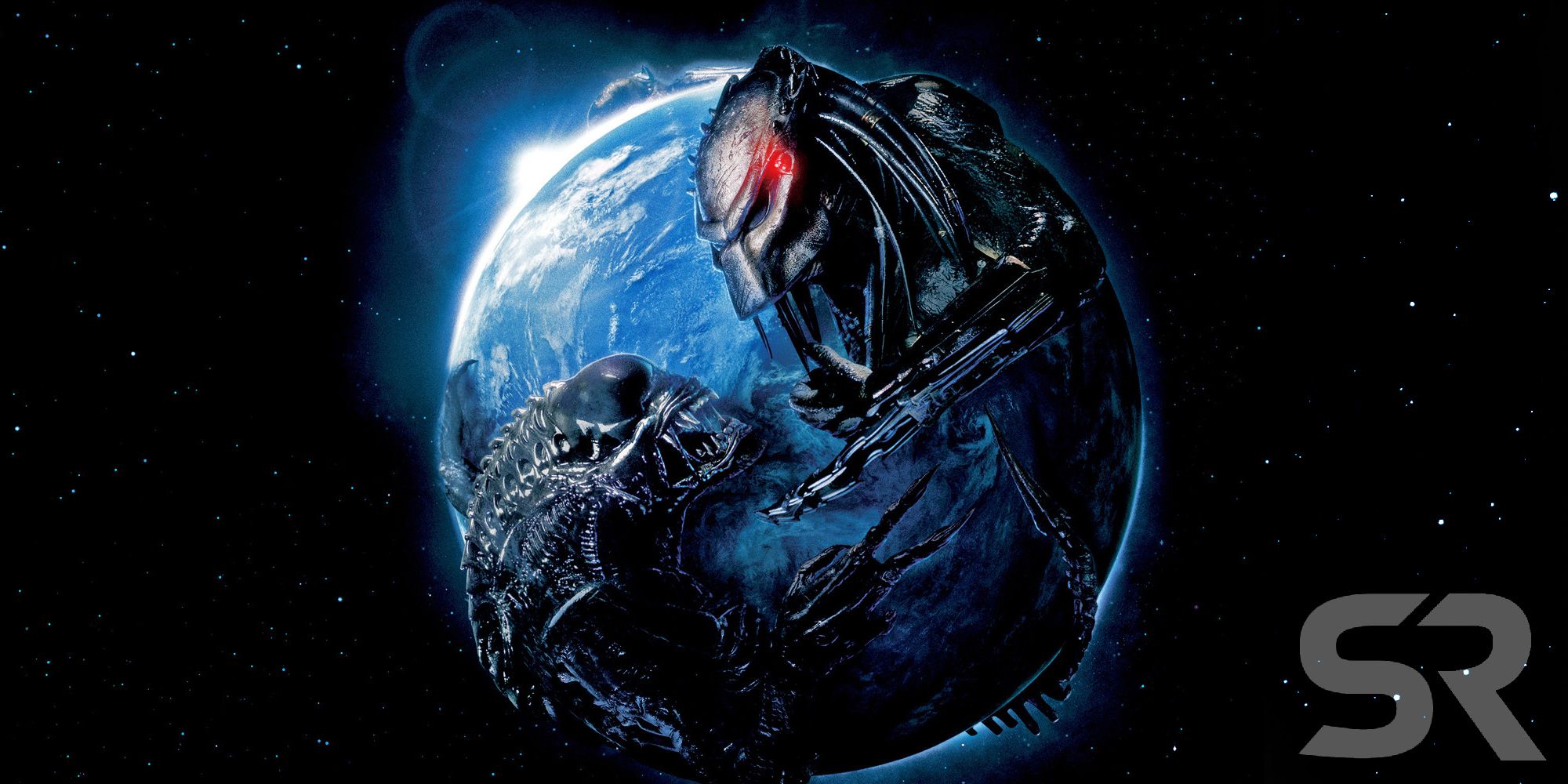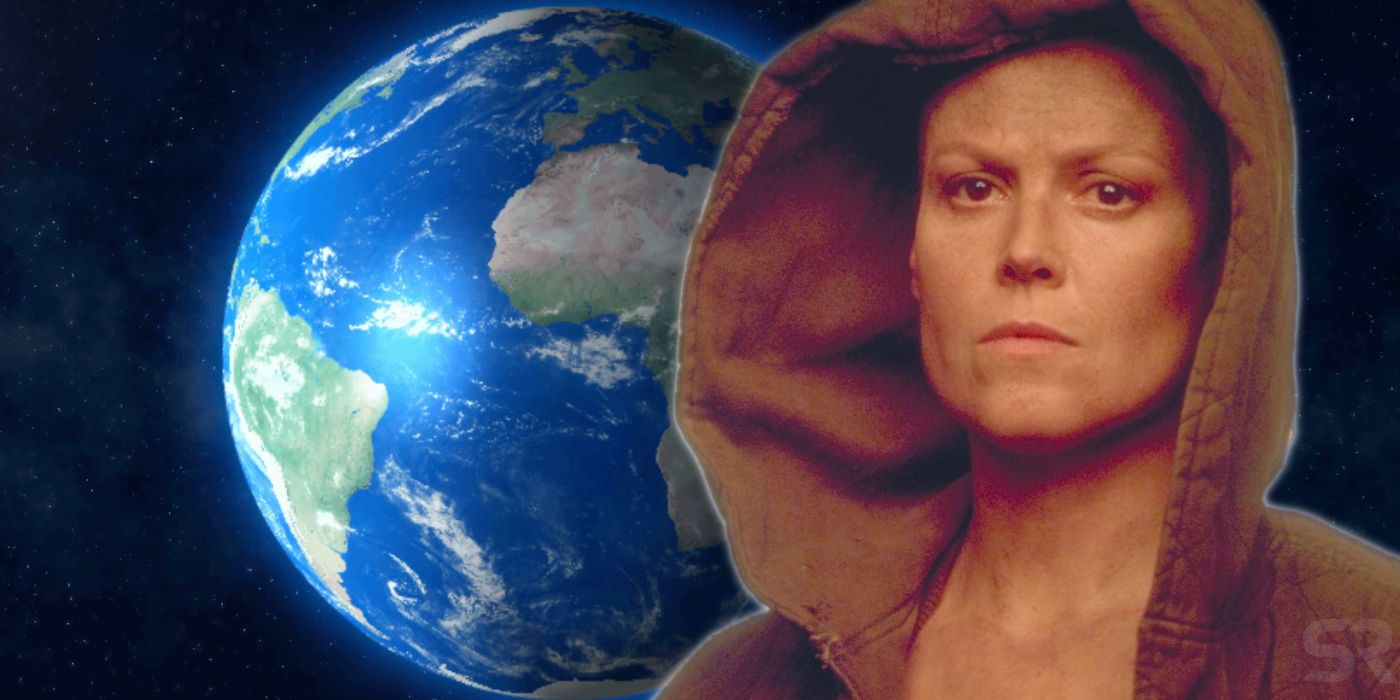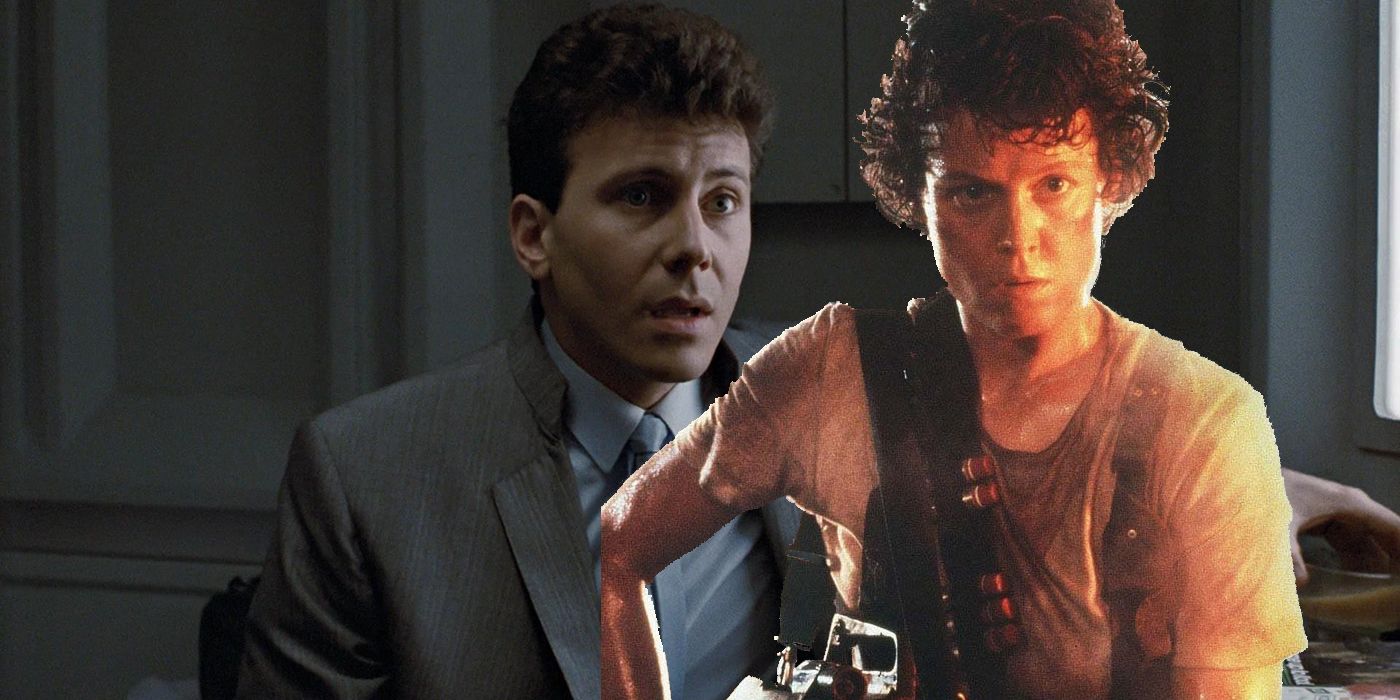The Alien franchise may seem doomed after a pair of disappointing prequels, but sending the titular monster to earth could revive the ailing series. When future Blade Runner helmer Ridley Scott shot Alien in 1979, it is unlikely that the British director had any idea how much his “haunted house in space” sci-fi horror would come to define the subgenre in the decades to come.
From its claustrophobic spaceship setting to Sigourney Weaver’s resourceful heroine Ripley, to the movie’s iconic eponymous monster, the HR Giger-designed Xenomorph, Alien went on to shape countless entries into the sci-fi horror subgenre for years after its release, and its influence endures there to this day. Alien not only led to rip-offs like Galaxy of Terror, Xtro, and Creature but also received a critically-acclaimed sequel in 1986’s more action-oriented Aliens from The Terminator director James Cameron.
However, despite the outsized success of the first two films in the franchise, the Alien series has struggled to regain critical favor in the decades since Aliens arrived in cinemas. The franchise’s troubled third outing Alien 3 went through countless rewrites and revisions during its lengthy production, with the movie that arrived in cinemas disappointing fans and critics alike. Alien 3 was all-but-disowned by its director, David Fincher, but the much-maligned sequel did introduce one promising idea to the franchise—or rather, one of its misleading trailers did. The earliest teaser for Alien 3 was infamous for implying the movie might send the Xenomorph to earth, something that would not occur in canon until the disappointing face-off flop Alien Vs Predator was released over a decade later in 2004. The Alien Vs Predator showdowns may have been a letdown, but bringing the titular threat down to earth is still the smartest move that the franchise’s creators could make to revive the Alien series.
The Alien Series Has Never Sent Xenomorphs To Earth (Alone)
Yes, the action of the Alien movies has arrived on earth (three times, when the embarrassing ending of Alien: Resurrection is taken into account). Both Event Horizon director Paul WS Anderson’s Alien Vs Predator and its 2007 sequel Requiem saw Xenomorphs in Antarctica and small-town America respectively. However, these two movies did little with the premise, as both were busy attempting to integrate the titular fight into their action and became overstuffed as a result. Bringing the Xenomorph to a small town and the frozen wastes of the South Pole owed something to The Thing and Species, both of which in turn borrowed some of their inspiration from the original Alien.
However, those movies used shape-shifting monsters to add paranoia into proceedings, while both Alien Vs Predator movies played down on civilian-vs-Xenomorph action as they necessarily had to focus as well on the Predator’s role in things. Without a distracting second monster to derail the movie’s action, and no tricky shape-shifting from the titular threat, an Alien installment that sees the monster arrive on earth and tear a bloody swathe through a human population could be a unique, new breed of sci-fi horror for the series. The best moments of the Alien Vs Predator sequel gave viewers a glimpse of the sort of gruesome chaos that a Xenomorph invasion of a contemporary town would lead to, but Requiem’s brutally bleak ending made it a slog, where an Alien invasion of America could—and should—be gory good fun.
Earth Broadens The Scope of Alien’s Action
Aliens, which broadened the scope of the original movie’s action, is widely considered the best Alien sequel while Alien 3 (which limited the scope of the story to one small setting again) was considered to be a creative step back for the franchise. A bigger setting can help the franchise broaden its scope far further this time, and the threat of Xenomorphs being set free on earth is a far more chilling prospect than simply seeing another crew of toughs killed off by the beast in a remote location. Nothing would free up extra potential for an Alien adventure like setting an installment on earth, as even the more ambitious Alien outings like Aliens, Alien: Covenant, and Prometheus are usually limited to distant, unpopulated planets and self-contained space stations. Switching the setting from a faraway future that few viewers can relate to and dropping the Xenomorph in more recognizable environs makes the threat more immediate, tangible, and terrifying.
An Earth Setting Could Bring Back Weyland-Yutani
Most viewers may come to the Alien movies expecting brutal thrills, but the franchise is not devoid of deeper social commentary. The Weyland-Yutani corporation provided most of the first two Alien movie’s sharpest critiques of corporate corruption and amoral profiteering, with company man Carter Burke and duplicitous android Ash both willing to allow their crews to die so they can hold onto a potentially financially valuable bioweapon. Focusing on Weyland-Yutani could provide a narrative reason for the lethal Xenomorphs to leave their homeworld and arrive on earth without getting mired in the already-byzantine series mythology (no one wants to see more from the Engineers of Prometheus fame). A plot wherein, for example, the Xenomorph arrives on earth as a result of Weyland-Yutani’s irresponsible attempts to use the species as a bioweapon would add an undercurrent of relevant social satire that added an edge to the original movies and has been missing from recent outings.
Instead of having Michael Fassbender’s disquieting David take the blame for creating the Xenomorph (as Alien: Covenant did), an effective reboot of the franchise could depict the Weyland-Yutani corporation stealing the Xenomorph from its homeworld and inevitably letting it loose on humanity when the amoral arms dealers forget to lock the wrong cage or seal the wrong pod. Depicting the human villains of the series as the dangerous figures responsible for letting the Xenomorph loose on humans could let Alien resurrect the spirit of Paul Reiser’s Carter Burke, the character Ripley famously said was worse than the Xenomorph itself. Bringing the focus back to Weyland-Yutani could root the action of the franchise in some sharp, still-relevant satire of war profiteering that is true to the original movies, while the earth setting would also make a new Alien installment feel fresh, scarier, and more intensely believable than yet another faraway adventure set in the far-flung future.




